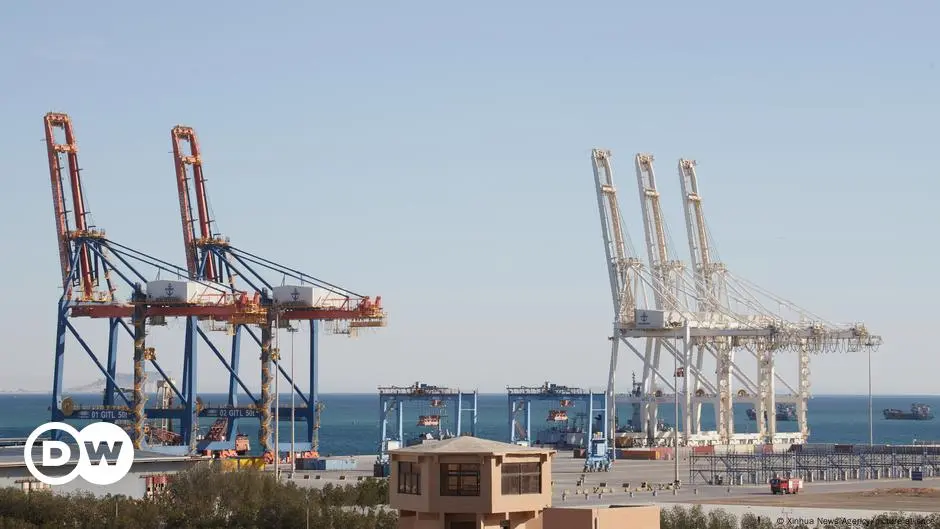- cross-posted to:
- [email protected]
- [email protected]
- cross-posted to:
- [email protected]
- [email protected]
As Pakistan works on enacting economic reforms under a new multibillion-dollar IMF bailout, Islamabad must first figure out what to do with its mountain of debt owed to China.
After cash-strapped Pakistan secured a new $7 billion (€6.5 billion) bailout package from the International Monetary Fund (IMF) in July, Islamabad has started talks with Beijing on reprofiling billions in Chinese debt as it seeks to enact economic reforms.
On the table are proposals to delay at least $16 billion in energy sector debt to China, along with extending the term of a $4 billion cash loan facility due to depleting foreign exchange reserves.
…
Analysts say that the CPEC loans were initially presented as the cheapest option for international loans, but it later emerged that they would be far more expensive to pay back than expected.
“The agreements, heavily favoring China, were poorly negotiated, resulting in the project being over-promised and under-delivered. The public and media were misled by the then minister of planning and his team to portray CPEC as a significant economic game-changer for Pakistan and the region,” Khalid said.



I mean, the IMF doing debt traps for 80 years is kind of the main defining feature of neo-colonialism.
China’s BnR initiative is just a competing form of it.
Both of these things can simultaneously be bad.